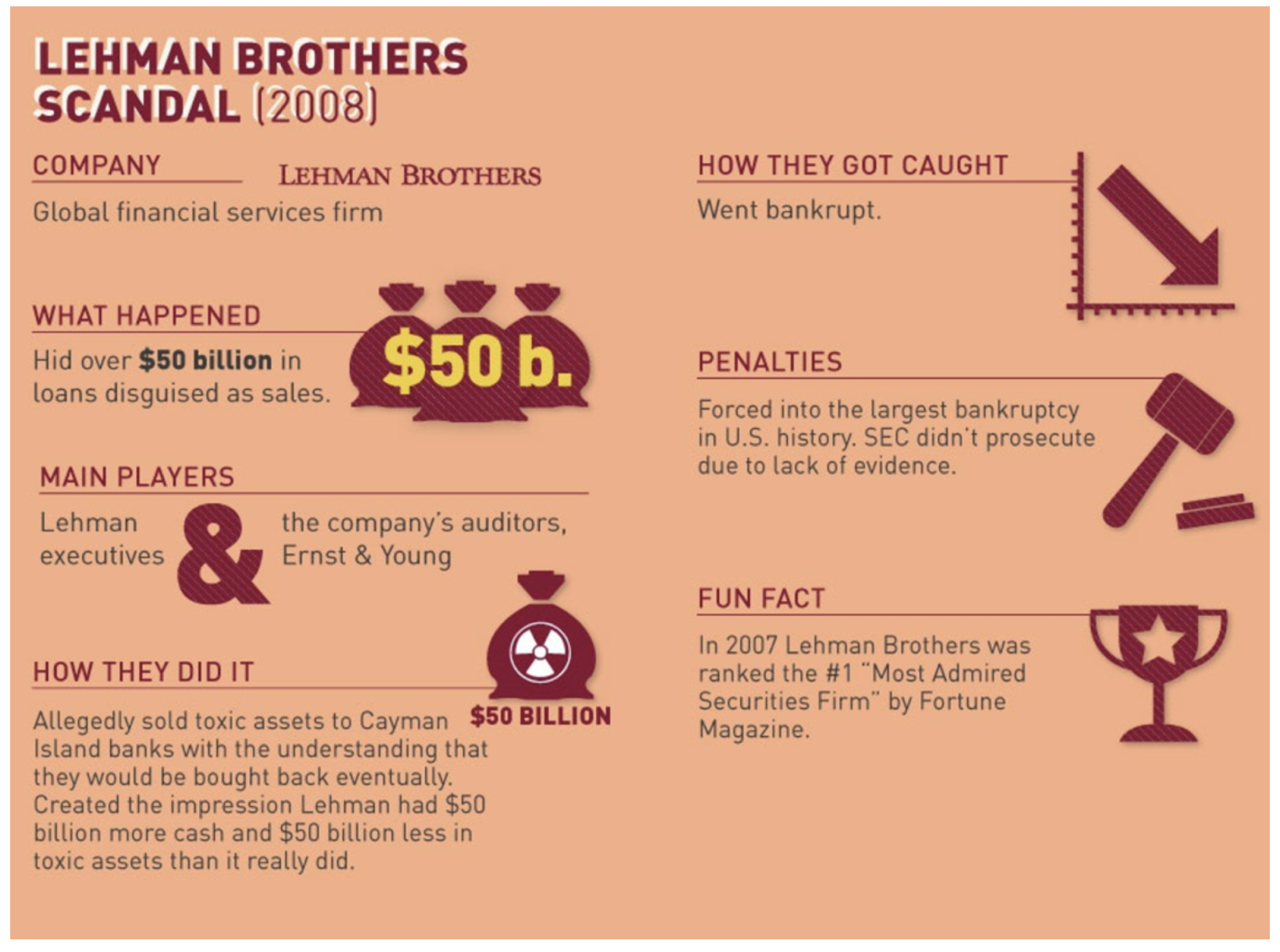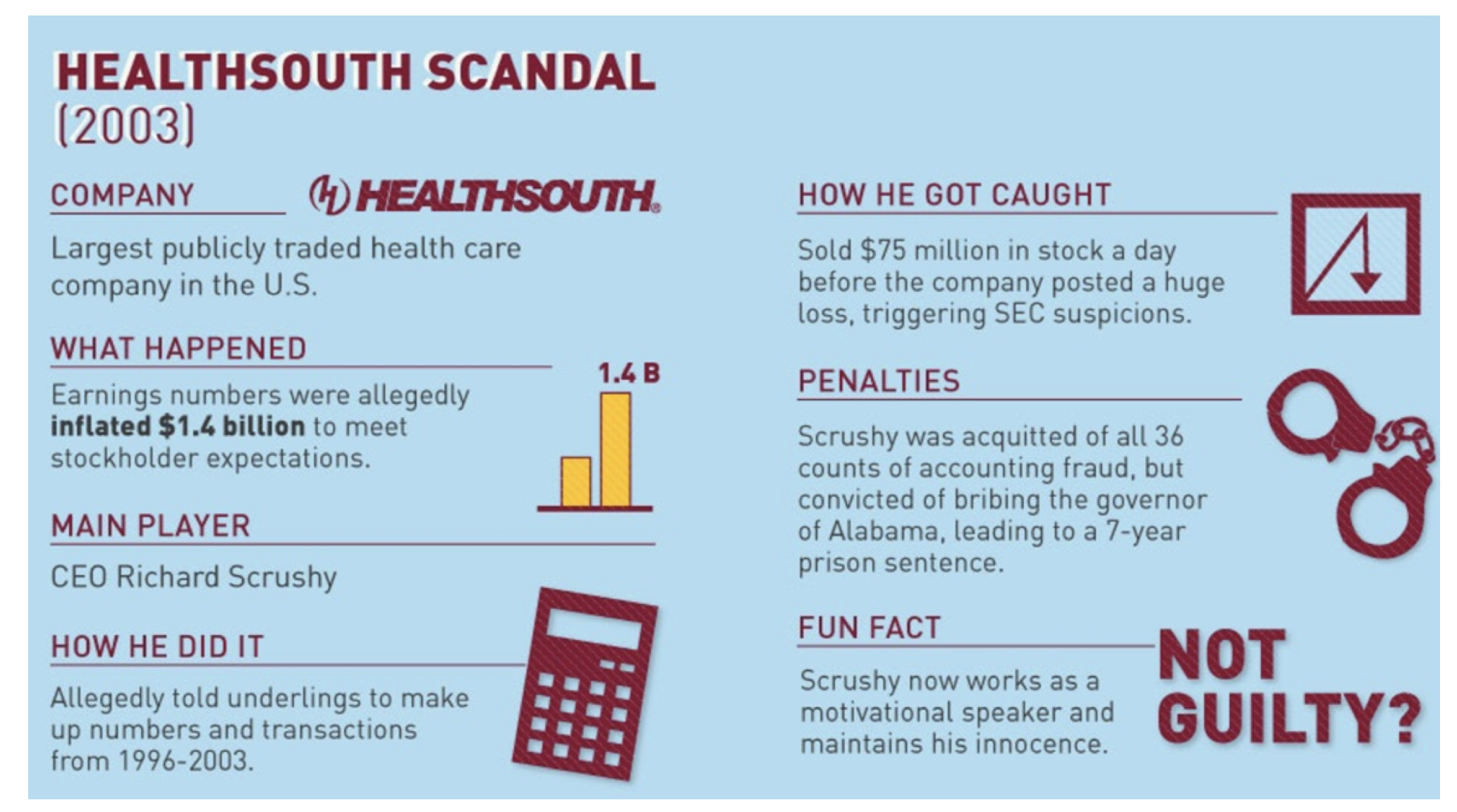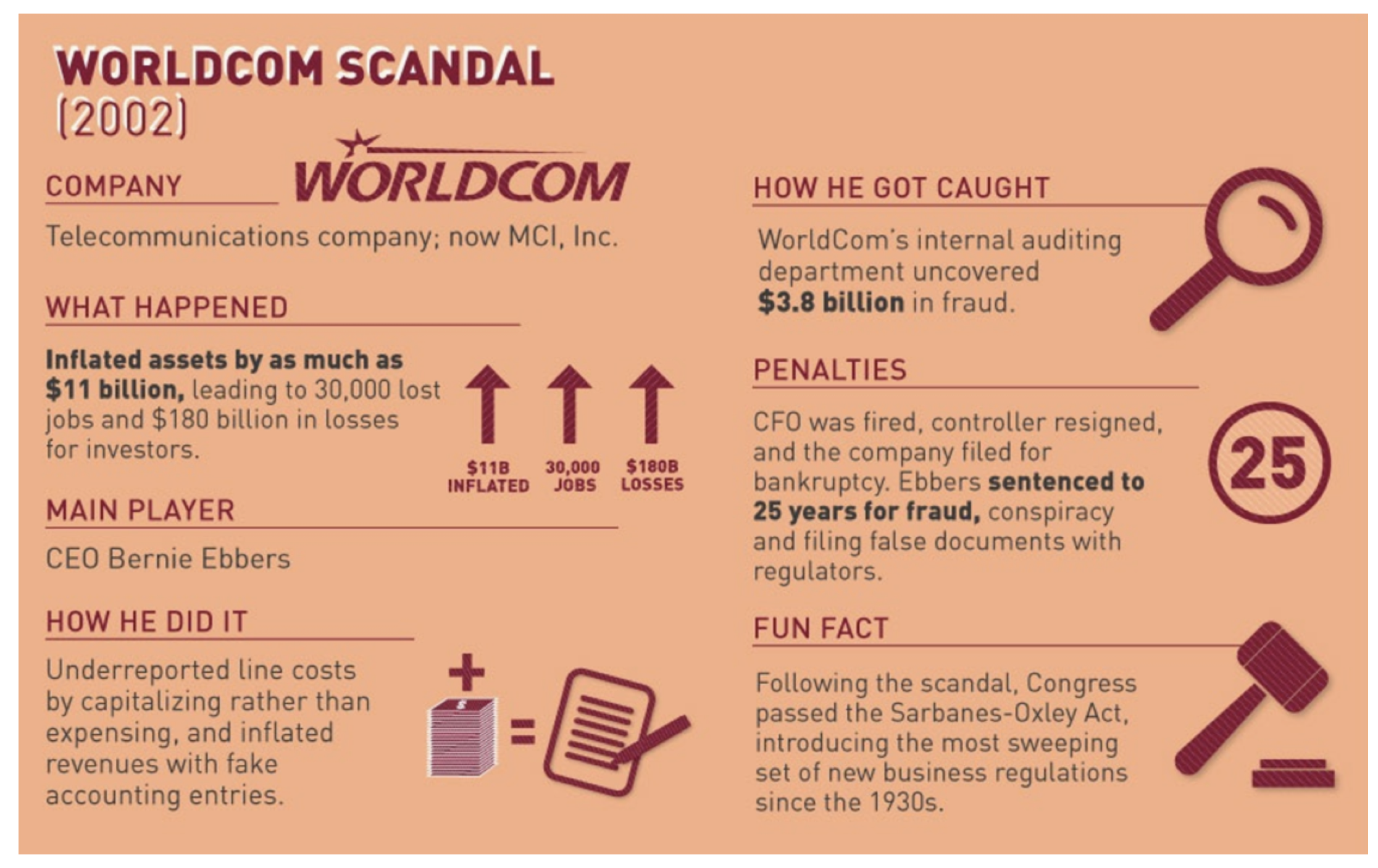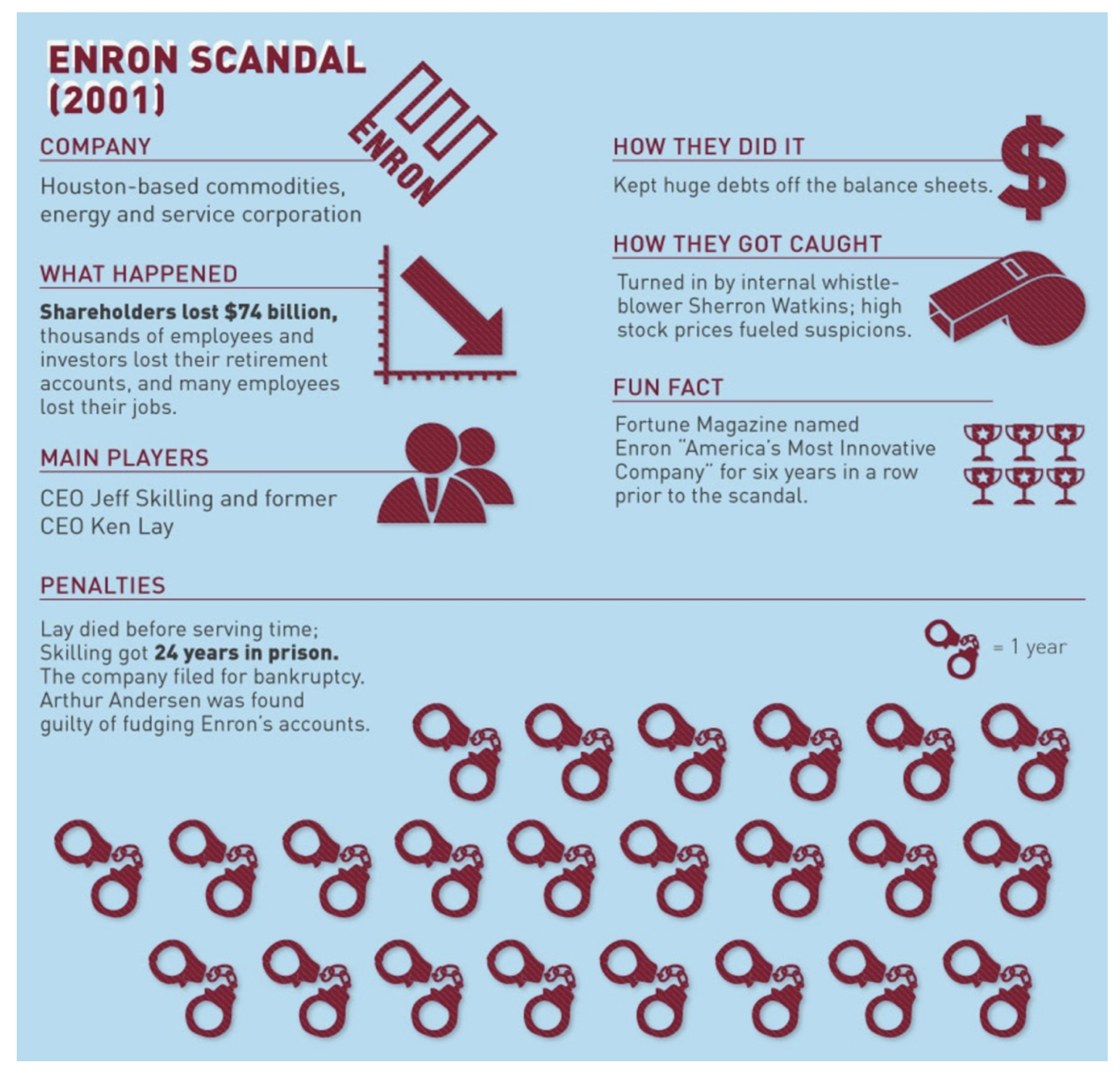|
Getting your Trinity Audio player ready...
|
The common narrative today is that accounting fraud is virtually impossible. Stringent regulatory standards, extensive reporting requirements and professional auditors, have made financial statements and listed businesses more transparent than ever. While this perspective is true for a large majority of companies, its premise should be evaluated. Accounting is simply the language of finance and how businesses communicate with investors. Some businesses have a great story to tell (strong growth prospects, competitive advantages, etc.) and others have a more challenging tale (obsolescence, weak balance sheet, etc.), either way, for an investor the journey starts in the language of accounting.
Using a doctor / patient construct as an analogy for an investor / business, let’s consider a typical consultation. After speaking with the patient in English, the doctor listens to the heartbeat, calls for a series of tests and ultimately tells the patient if there is anything wrong. An investors consultation with a business isn’t too different from a doctor and a patient. After reading the financial statements “in accounting”, an investor looks for red flags, performs tests on the company’s business and ultimately decides whether there is anything wrong with the valuation (too high, too low, fairly valued).
Just as the English language should NOT be blamed for a patient that refuses to tell a doctor about an illness, accounting should NOT be blamed for the failings of a business or a deceitful management team. Doctors can diagnose some illnesses without a patient explicitly telling them what is wrong, for instance when the whites of the eyes turn yellow, it may indicate jaundice or a deteriorating liver function, which may indicate that a patient has not stopped drinking alcohol. This idea is actually quite powerful for an investor, in that similarly, there are many “red flags” embedded in a company’s financial statements, which even with the most “silver tongued” management team and malleable auditor will not be able to totally suppress.
Without going into laborious detail about the numerous accounting tricks and loose financial practices that exist, a few tell-tale “red flags” the Montaka Global investment team “listen for” in the language of accounting include:
- Growing revenues without a corresponding increase in cash flows over time. Revenues are much easier to manipulate than cash flows but the two should directionally move in tandem, if not there should be a very good reason why
- Unusually strong profitability. While sometimes margin expansion and high profitability is the result of a competitive advantage / better run business, it can also indicate a failure to recognize expenses (capitalizing on balance sheet) or aggressive revenue recognition (e.g. company has shipped product to a distributor vs. a customer and recognized as revenue)
- Depreciation of assets are not being matched to their actual useful life. Lower depreciation may show the business is more profitable and less capital intensive than it actually is. The market usually places a premium on high profitability, capital light companies creating an incentive for management teams to do this
- “Cookie-jar accounting” whereby a company improperly releases reserves in order to meet market expectations / remove the appearance of earnings volatility, however will result in an under provisioning of a liability and a future cost (which is what the reserve was in pace to offset to begin with)
Sometimes the “red flag” is broader than a specific accounting item with the business model, financial statements, management comments not fitting together cohesively or logically with what is externally observable. Extending the language metaphor again, this may be akin to Google Translate converting a page of Mandarin into English, with the ensuing translation making very little sense to the reader, despite it now being in English.
Finally, I’ll leave you with a few case studies of some of the most egregious financial frauds of all-time. While history isn’t expected to repeat itself exactly, it may well rhyme, so knowing what tune companies sung before their failure will most certainly assist in identifying “red flags”, particularly for the Montaka Global short book.




 Amit Nath is a Senior Research Analyst with Montaka Global Investments. To learn more about Montaka, please call +61 2 8046 5000.
Amit Nath is a Senior Research Analyst with Montaka Global Investments. To learn more about Montaka, please call +61 2 8046 5000.




